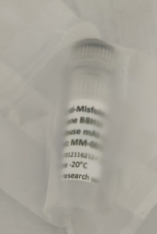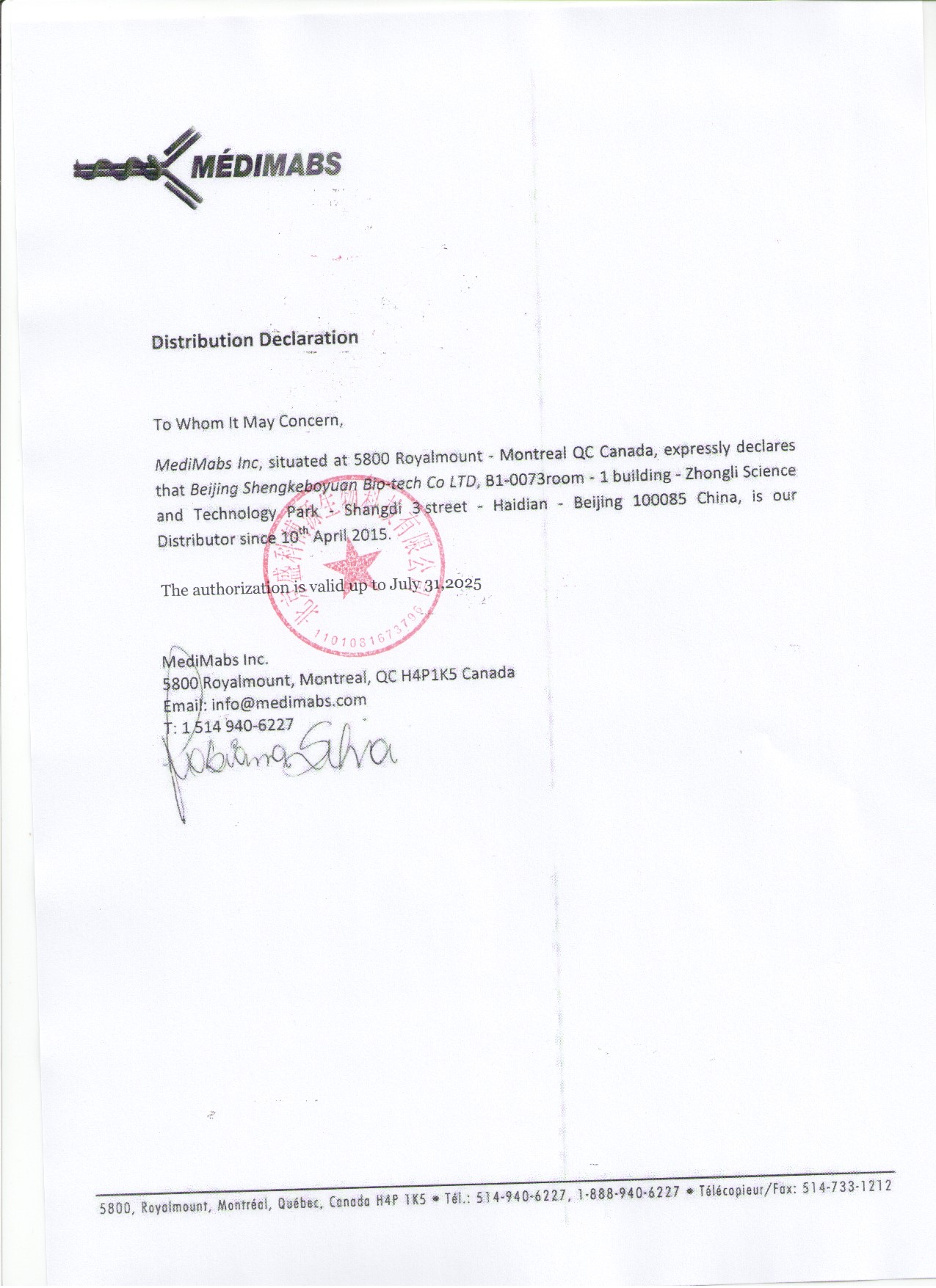 首页>
生物试剂
首页>
生物试剂
商家描述
商家资质信息
产品评价(0)
Target
Active Caspase-6
Target background
Caspases are a family of cytosolic aspartate-specific cysteine proteases. Sequential activation of caspases plays a central role in the execution phase of cell apoptosis. Caspases exist as inactive proenzymes in the cytoplasm and are activated by dimerization or proteolytic cleavage. Together with caspase- 3, caspase- 6 is one of the major caspases in apoptotic cells, and functions downstream of apoptosis inhibitors Bcl-2 and Bcl-xL. Caspase- 6 has also been shown to be involved in the proteolysis of poly (ADP-ribose) polymerase (PARP) and nuclear lamin A. Recently, caspases have been considered to play roles in the neuronal cell death associated with Alzheimer’s disease (AD). Caspase-dependent increased β-amyloid peptide production can occur in various cell types; specifically, caspase- 6 is thought to be responsible for increasing β-amyloid peptide in primary cultures of human neurons. Caspase- 6 has also been demonstrated to be active in neuropil threads (NPTs), neurofibrillary tangles (NFTs), and neuritic plaques (NPs) in the hippocampus and temporal cortex in sporadic AD. A role for caspase- 6 in the regulation of axonal pruning of sensory and retinocollicular axons and axonal degeneration in sensory and motor mouse neurons has also been demonstrated. As a result of its involvement in the cleavage of important synaptic and cytoskeleton proteins, in the generation of high levels of β-amyloid peptide, and for being activated very early in cognitive impairment and Alzheimer’s disease (AD), activation of caspase- 6 has been considered to be involved in the development of AD.
Target alias
CASP6
Immunogen
peptide PLDVVD
Specificity
The antibody recognizes the human active caspase-6
Clone ID
---
Preservative
None
Format
Lyophilized serum
Recommend starting dilution
If reconstituted with deionized water in 50 µl: WB 1:5000; IHC 1:2000. Optimal dilution has to be determined by the user.
Limitations
Research Use Only
Storage
Lyophilized antibodies can be kept at 4ºC for up to 3 months and should be kept at -20ºC for long-term storage (2 years). To avoid freeze-thaw cycles, reconstituted antibodies should be aliquoted before freezing for long-term (1 year) storage (-80ºC) or kept at 4ºC for short-term usage (2 months). For maximum recovery of product, centrifuge the original vial prior to removing the cap. Further dilutions can be made with the assay buffer. After the maximum long-term storage period (2 years lyophilized or 1 year reconstituted) antibodies should be tested in your assay with a standard sample to verify if you have noticed any decrease in their efficacy. To limit antibody loss or degradation, BSA (final concentration 1%) and sodium azide (final concentration 0.02%) can be added to the suggested first dilution. It is important to first verify if those preservatives are compatible with your assay.
References
 会员登录
会员登录.getTime()%>)
 购物车()
购物车()

 成功收藏产品
成功收藏产品
